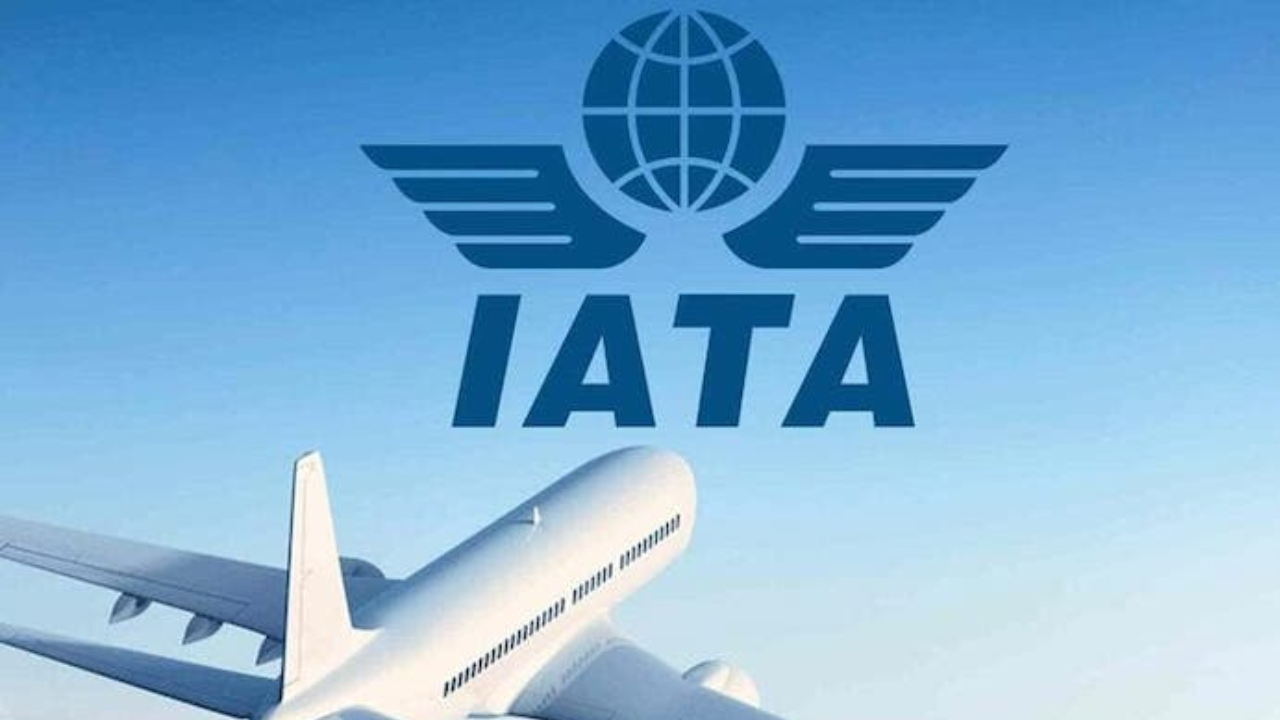The International Air Transport Association (IATA) has listed Nigeria among top five countries preventing foreign airlines from repatriating their revenue.
According to the IATA, Nigeria topped the aviation trapped funds list with $551 million, Pakistan followed with $225 million, Bangladesh has $208 million, Lebanon holds $144 million, and Algeria has $140 million.
Foreign airlines have been struggling to repatriate their funds in Nigeria due to low international reserves, as the country doesn’t have enough foreign exchange to settle the airline operators’ claims.
It was gathered that the trapped funds have prevented airlines from operating adequately or financing their operation as required, hence, affecting other businesses associated with airline operations such as travel agents.
READ ALSO: Trapped foreign airlines’ Fund: FG reacts, allays fears of operators
Also, direct investment into Nigeria is impacted, plus rise in travel fares and causes the country to lose taxes from ticket sales, as some Nigerians are travelling to neighbouring nations to catch their flights to western countries.
Speaking on the impact of the trapped funds, the Secretary-General Aviation Round Table, Olumide Ohunayo, said businesses were folding up and other ripple effects were cropping up.
On the ripple effects, he explained that Nigerians were traveling to Ghana and Togo to take flights, as a result, the Federal Government’s agencies are losing taxes to these countries.
It was also gathered that the contribution of the aviation sector to the gross domestic product (GDP) will reduce, as revenue generated by the industry is declining.
Ohunayo said, “What risks are we talking about again? Emirates has pulled out because of the trapped funds; others have removed the lower fares.
“What you have seen is that flying into Nigeria is expensive. Oftentimes, you need to buy in dollars if you want to get reasonable fares and by the time you buy in dollars and convert to naira, it is still very high.
“The travel agents are losing staff and closing shops because the lower fares are closing; windows for commission for them are also short, so they are barely selling tickets, which is one of the value chains of the industry.
“As the travel agents are losing staff, so is the contribution of aviation to the GDP not able to meet the target because the more you spend, the more the revenue generated grows. So, the contribution to the GDP will be lower this year.”

 Latest1 week ago
Latest1 week ago
 Business1 week ago
Business1 week ago
 Latest1 week ago
Latest1 week ago
 Latest1 week ago
Latest1 week ago
 Business1 week ago
Business1 week ago
 Business1 week ago
Business1 week ago
 Football1 week ago
Football1 week ago
 Business1 week ago
Business1 week ago

